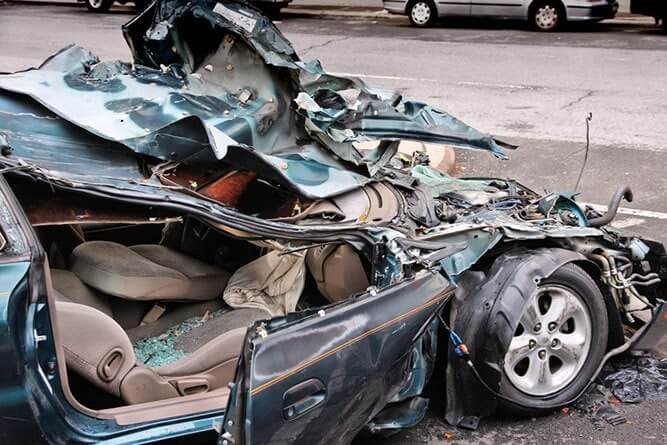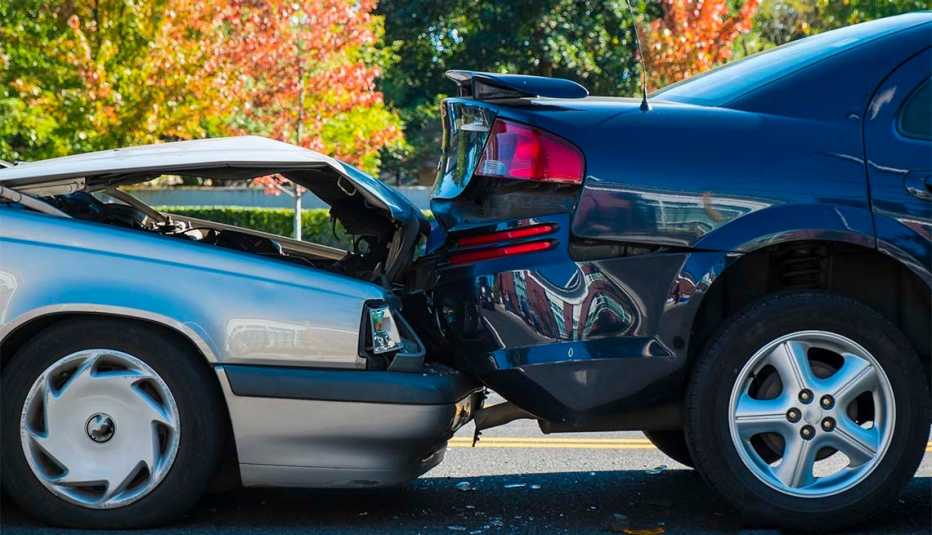Auto Accidents
Atlanta Automobile Accident Lawyers
In Atlanta, serious automobile accident injuries most commonly result from rear-end collisions, intersection crashes, rollovers, and head-on impacts. These crashes frequently cause traumatic brain injuries, spinal cord damage, fractures, internal organ injuries, or wrongful death. Georgia law generally allows two years to file a personal injury lawsuit, with shorter notice deadlines for government claims. Prompt medical treatment and early evidence preservation are critical, especially in truck accident cases where key records may be lost quickly.

What types of car accidents most often cause serious injuries in Atlanta?
In Atlanta, the most serious injuries and wrongful deaths most often arise from rear-end collisions, side-impact (T-bone) crashes at intersections, rollover accidents, and head-on collisions. High traffic volume, frequent congestion, and distracted or impaired driving increase the risk and severity of these crashes.
Why are rear-end collisions so dangerous at highway speeds?
Rear-end collisions often occur when traffic slows unexpectedly and a following driver is distracted, impaired, or traveling too fast. At highway speeds, the force of impact can cause severe neck, spine, and brain injuries, particularly when a vehicle is struck without warning.
What injuries are most common in Atlanta automobile accident cases?
Common injuries include traumatic brain injuries, spinal cord injuries (paraplegia or quadriplegia), neck and back injuries, fractures, internal organ damage, amputations, cardiac injuries, and psychological trauma such as post-traumatic stress disorder (PTSD). Fatal injuries may give rise to wrongful death claims under Georgia law.
How does Georgia law define wrongful death after a car accident?
Georgia wrongful death law allows designated family members to seek recovery for the full value of the life of the deceased, including both economic and non-economic components. Separate claims may also exist for the deceased person’s medical expenses, pain and suffering before death, and funeral costs.
How long do I have to file a car accident lawsuit in Georgia?
In most cases, a personal injury lawsuit must be filed within two years of the accident. A spouse’s loss of consortium claim generally has a four-year deadline. Claims against government entities require much shorter pre-suit notice periods, sometimes as short as six or twelve months.
Why is it important to act quickly after a truck accident?
In truck accident cases, key evidence—such as electronic data, driver logs, and maintenance records—may be destroyed or overwritten within weeks or months. Early investigation is often essential to preserve evidence and determine liability.
How are medical bills typically paid after a car accident?
Medical bills are usually paid first through health insurance, which often results in lower overall charges. Medical payments (MedPay) coverage under an auto policy may also apply. If insurance is unavailable, some providers may agree to treat under a medical lien, deferring payment until the claim is resolved.

Can psychological injuries like PTSD be part of an auto accident claim?
Yes. PTSD can be a legitimate injury following a severe or life-threatening crash. Proper diagnosis and documentation are critical, and claims should reflect the actual severity and impact of the condition.

Updated January 20, 2026 by Ken Shigley, senior counsel at Johnson & Ward. He is a former president of the State Bar of Georgia, was the first Georgia lawyer earned three board certifications from the National Board of Trial Advocacy, was lead author of eleven editions of Georgia Law of Torts: Trial Preparation & Practice, and received the Traditions of Excellence Award from the State Bar of Georgia General Practice and Trial Section. A graduate of Furman University and Emory University Law School, he completed certificates in negotiation and mediation at Harvard Law School.












